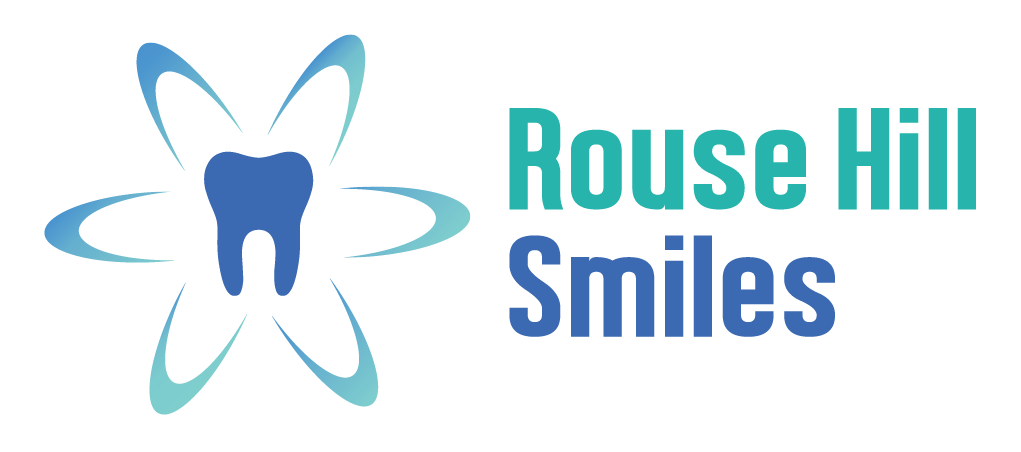Dry Mouth While You Sleep? Here’s How to Stop It
In today’s busy life, it’s more important to get proper sleep on a regular basis. Waking up in the morning makes us feel refreshed and ready to tackle a new day. However, nobody likes waking up with a dry mouth.
What causes dry mouth?
Dry mouth, also known as xerostomia, is a common condition that frequently occurs at night. It is caused when the salivary glands do not produce enough saliva to keep the mouth wet. Saliva helps the mouth to naturally combat the acids and bacteria that cause tooth decay, gum disease, and bad breath. Saliva also washes away any remaining food particles, thus not allowing bacteria to breed and multiply.

The best long term dry mouth remedy depends upon the elements causing it. Here are some of the most common causes of dry mouth:
- Dry mouth is a common side effect of many prescription and nonprescription drugs.
- It can also be a side effect of certain medical conditions, including diabetes, anaemia, hypertension, etc.
- Damage to the salivary glands from radiation can reduce the amount of saliva produced.
- Dry mouth can be a result of nerve damage to the head and neck area from an injury or surgery.
- Conditions that lead to dehydration such as fever, excessive sweating, vomiting, diarrhoea, blood loss and burns can cause dry mouth.
- Smoking or chewing tobacco can affect the amount of saliva in the mouth and aggravate dry mouth.
- Inflammation of the salivary glands caused by a bacterial or viral infection might limit saliva production.
- The salivary ducts may get clogged with small stones made of saliva minerals, thus blocking saliva flow.
Symptoms of dry mouth
Here are some common signs and symptoms of dry mouth. If you notice any of these, make an appointment with your doctor.
- Bad breath
- Dry and cracked lips
- Saliva with a thick and stringy texture
- Mouth sores
- Split skin at the corners of your mouth
- Sore throat and hoarseness
- Rough and raw tongue
- Difficulty in swallowing and chewing
- Frequent thirst
- Difficulty in wearing dentures
Apart from these, sometimes, you might also experience symptoms in areas of the body other than your mouth. These include:
- Constipation
- Fatigue
- Dry and itchy eyes
- Joint pains and stiffness in the body
- Weight loss without a particular cause
Dry mouth diagnosis
When you visit a doctor concerning your dry mouth, they will first review your symptoms for a preliminary diagnosis and then move on to specific tests. This could involve checking your teeth for a tooth decay pattern and examining your inner cheeks. If they are found to dry and rough, then the doctor will conduct saliva tests. For a typical saliva test, you are supposed to roll out your lower lip (as if you are pouting) and pat it completely dry. If your saliva production is normal, then your lower lip will become moist again within about 30 seconds. The doctor will also check your medical history to determine what kind of medications you are on (if any).
Ways to overcome dry mouth
Living with a dry mouth is not fun. As soon as there is a feeling of a dry mouth, it is important to take steps that can return moisture. The good news is that there are a number of solutions that can help in the prevention of dry mouth during the night. Some of the most common ones are:
- Chewing sugar-free gum or sugar-free hard candies to stimulate the flow of saliva
- Limiting the intake of caffeine because caffeine can make the mouth drier
- Avoiding mouthwashes that contain alcohol because they can be drying
- Stopping the consumption of all kinds of tobacco products including smoking
- Remain hydrated throughout the day by drinking plenty of water
- Breathing through nose not mouth
- Avoiding sugary or acidic foods and drinks as they increase the risk of tooth decay
- Brushing with a fluoride toothpaste
- Visiting the dentist regularly to detect and treat decay or other dental problems
- Brushing your teeth twice a day and flossing at least once a day
- Using an air-humidifier inside your bedroom might help keep the moisture levels in your room high and thus prevent dryness
- Including foods with high water content in your diet
- Chewing your food thoroughly before swallowing
If dry mouth still persists, approach our Rouse Hill Dentist. We can identify the cause and recommend changes to your oral health regime so that you lead a healthy life both orally and physically.
Our Principal Dentist
Dr. Teena and the Rouse Hill Smiles team are dedicated to providing patients of all ages with the highest quality of care.

Dr. Teena Bali
Dentist
Quick Contacts
- Rouse Hill Plaza G07-G08, 2-4 Aberdour Avenue Rouse Hill, NSW 2155
- enquiries@rousehillsmilesdentalcare.com.au
- (02) 8320 0548







